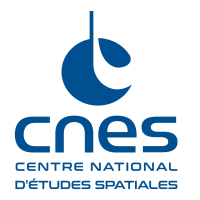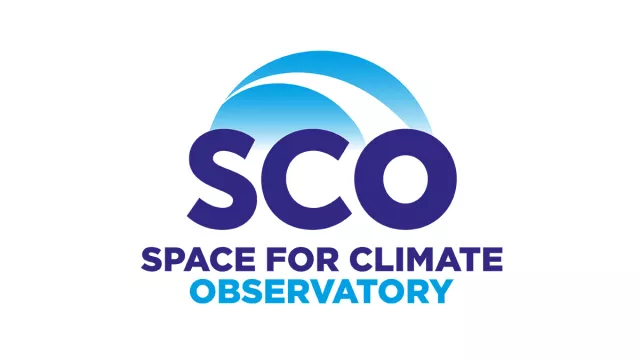The impacts of climate change are increasingly being felt at local level, calling for decisions at regional scale. The mission of the Space for Climate Observatory (SCO) is to provide change indicators combining global satellite data with ground data, for example on health, economies and the environment.
Key information
| Mission | Promote local climate change mitigation projects exploiting satellite, socio-economic and environmental data |
|---|---|
| Domain | Earth observation |
| Start date | June 2019 |
| Partners | 47 signatories to SCO Charter 72 projects accredited in France 23 French member organizations and ministries |
| Where | Research laboratories, space agencies, organizations and satellites |
| Lifetime | Each project lasts two years on average |
| Status | In operation |
Key figures
- 47 SCO Charter signatories
- 3 UN programmes
- 72 projects accredited in France
- 23 French member organizations and ministries
Key milestones
- November 2025: COP30 in Belem, Brazil
- October 2024: 14th Steering Committee Meeting (chaired by Italy, during IAC Milan)
- July to October 2024: Graz Symposium - UNOOSA
- May 2024: 13th Steering Committee Meeting (chaired by USA (NOAA))
- December 2023: SCO takes part in COP28 in Dubai
- May 2023: 11th Steering Committee Meeting (Oslo, during IAF GLOC)
- June 2022: SCO International Charter ratified by all members under coordination of the UN Office for Outer Space Affairs (UNOOSA)
- November 2020: SCO takes part in COP26 in Glasgow
- September 2020: New partners join SCO France CIO (ONERA/BRGM/SHOM/OFB/IRD)
- July 2020: SCO France working charter adopted by CIO
- March 2020: First cohort of SCO-accredited projects announced in France (14 projects)
- November 2019: First meeting of SCO France Inter-Organization Committee (CIO) defines project typologies ahead of first SCO France call for projects
- October 2019: First Steering Committee Meeting in Washington D.C. on sidelines of 70th International Astronautical Congress (IAC)
- June 2019: Space for Climate Observatory officially launched by CNES on 17 June
- December 2017: Inception of SCO at the One Planet Summit on the initiative of France and CNES, on 11 December
Project in brief
Satellite data are crucial to understanding climate change. In fact, more than half of the variables required to study it can only be obtained from space. International organizations like the IPCC rely on this information to provide a global picture, but a link is missing to scale it to local needs.
CNES first formulated the need to cross-correlate existing satellite data and field data to deliver analytics, foresight and simulation tools to underpin local responses to climate change in 2017 at the One Planet Summit in Paris. France then steered this programme through its early stages up to the creation in June 2019 of the Space for Climate Observatory (SCO). Today the SCO federates 47 signatories from 26 nations.
SCO accreditation has already been granted to 72 projects in France. These projects are enabling decision-makers to address such crucial issues as shoreline retreat, rising urban temperatures, the spread of epidemics or flood management, to name a few.
CNES’s role
As an international initiative founded on best-effort principles, the SCO has a multilateral governance structure.
In France, the SCO programme is led by CNES, which heads up the SCO France Executive Bureau and coordinates the Inter-Organization Committee (CIO).
On the international stage, CNES runs the SCO’s General Secretariat.
A Focal Point is designated in each member state to attend Steering Committee meetings, which chart the SCO’s course. A sub-group of these Focal Points forms the Programmes Committee, which supervises members’ SCO activities (projects and working groups). These committees and all activities are supported by the General Secretariat, under the responsibility of an SCO member (Focal Point).
Contacts
Programme Director
Frédéric Bretar
E-mail: frederic.bretar at cnes.fr
Programme Director
Laurence Monnoyer-Smith
E-mail: laurence.monnoyer-smith at cnes.fr


